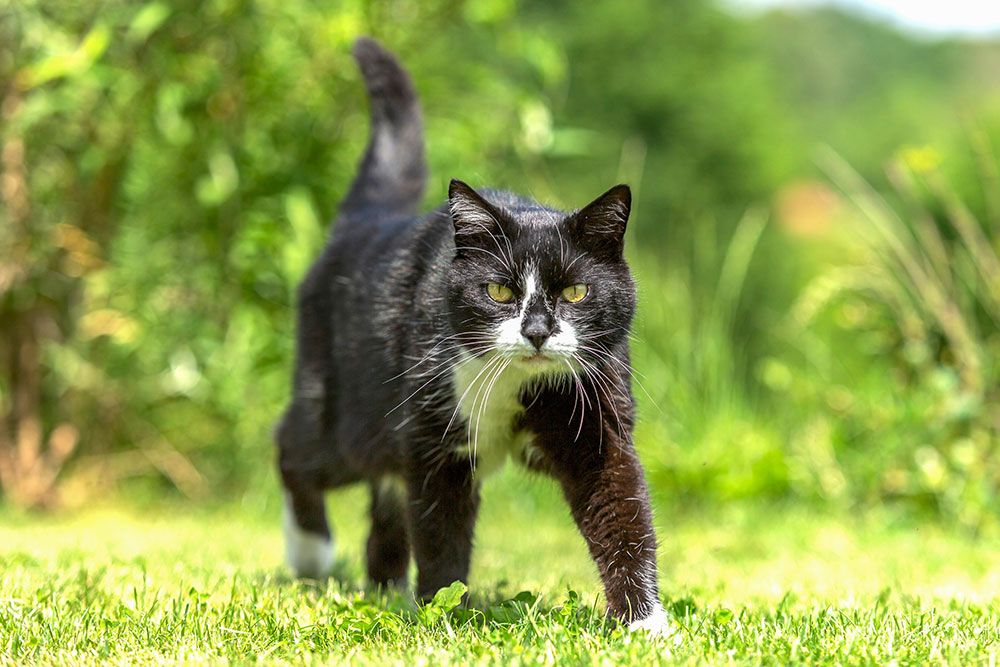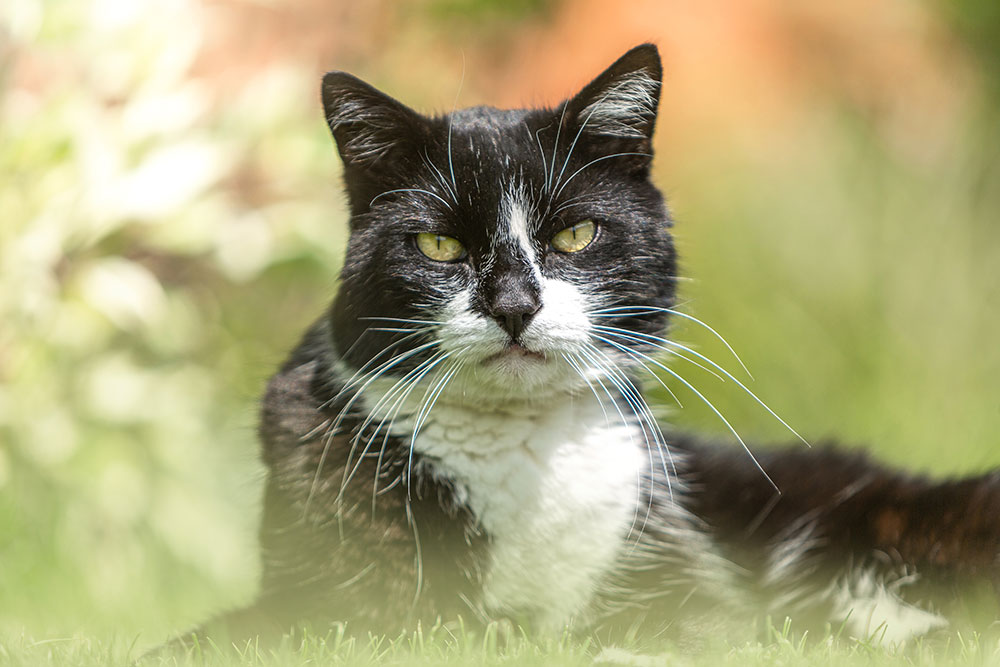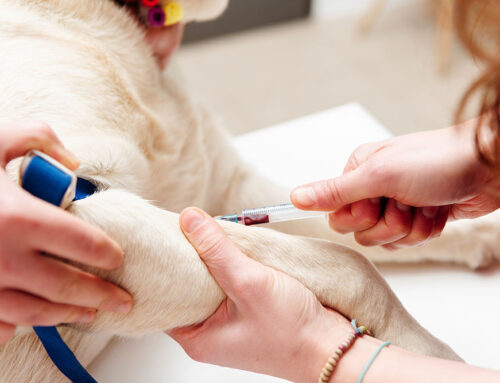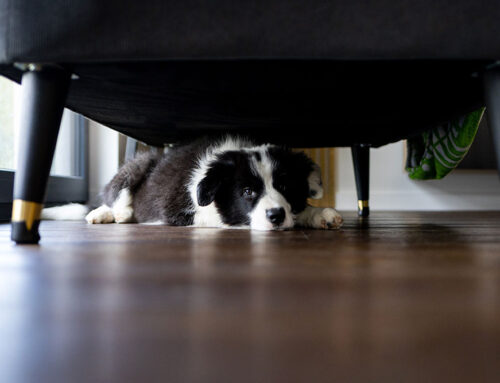As cats age, their health needs evolve, making it essential for pet owners to understand the unique challenges faced by senior cats. At East Wind Animal Hospital in Willow Grove, PA, we emphasize the importance of monitoring your cat’s health as they enter their senior years. Aging cats are more prone to chronic diseases that can significantly impact their quality of life. Early detection of these conditions can lead to better treatment outcomes and improved well-being, underscoring the vital role of regular veterinary care.
Senior Cat Care: Understanding Aging Stages and Signs
Feline Aging Stages
Cats progress through different stages as they age:
- Senior (11-14 years): This stage marks the onset of early aging signs.
- Geriatric (15+ years): Cats in this stage face an increased risk of chronic diseases and mobility issues.
Common Signs of Aging in Cats
Aging cats often exhibit noticeable changes, including:
- Decreased activity and mobility.
- Changes in appetite and weight.
- Increased sleeping and possible confusion.
For more information on supporting your senior pet, visit Supporting Your Senior Pet: Veterinary Care Recommendations.
Key Diseases in Senior Cats: Symptoms and Management
Arthritis and Joint Pain
Arthritis is prevalent in older cats, often leading to joint pain and mobility challenges.
Symptoms:
- Difficulty jumping or climbing.
- Stiffness, particularly after resting.
- Reduced grooming due to pain.
Diagnosis & Treatment:
- Diagnosed through veterinary exams and x-rays.
- Managed with joint supplements, weight control, and pain management.
Learn more about Arthritis and Degenerative Joint Disease in Cats.
Chronic Kidney Disease (CKD)
Chronic Kidney Disease is a significant concern in senior cats and requires careful management.
Symptoms:
- Increased thirst and urination.
- Weight loss, poor appetite, and lethargy.
- Vomiting and bad breath.
Diagnosis & Treatment:
- Diagnosed with bloodwork and urinalysis.
- Treated with hydration support and kidney-friendly diets.
For detailed information, visit Chronic Kidney Disease in Cats.
Hyperthyroidism in Senior Cats
Hyperthyroidism is a common endocrine disorder in older cats.
Symptoms:
- Increased appetite with weight loss.
- Restlessness and excessive vocalization.
- Vomiting or diarrhea.
Diagnosis & Treatment:
- Diagnosed through blood tests for thyroid hormone levels.
- Managed with medication, dietary management, or radioactive iodine therapy.
Learn more about Feline Hyperthyroidism Guidelines.
Diabetes in Cats
Diabetes can significantly impact a cat’s health if not managed properly.
Symptoms:
- Increased thirst and urination.
- Weight loss despite normal or increased appetite.
- Weakness or change in walking (plantigrade stance).
Diagnosis & Treatment:
- Diagnosed with blood glucose tests and urinalysis.
- Treated with insulin therapy, dietary adjustments, and weight management.
Read more in Not So Sweet: Diabetes in Pets.
Cancer in Senior Cats
Cancer is a serious concern for older cats, requiring prompt attention.
Symptoms:
- Unexplained lumps or swelling.
- Chronic vomiting, diarrhea, or weight loss.
- Behavioral changes or difficulty breathing.
Diagnosis & Treatment:
- Diagnosed through imaging (X-rays, ultrasounds) and biopsies.
- Treated with surgery, chemotherapy, or palliative care.
For more information, see Types of Cancer in Pets.
Cognitive Dysfunction Syndrome (Feline Dementia)
Feline dementia affects a cat’s cognitive functions, similar to Alzheimer’s in humans.
Symptoms:
- Disorientation (staring at walls, getting lost in familiar places).
- Increased vocalization, especially at night.
- Changes in sleep patterns and litter box habits.
Diagnosis & Treatment:
- Diagnosed by ruling out other conditions.
- Managed with environmental enrichment, diet changes, and supplements.
Explore more in Cognitive Dysfunction Syndrome.
Preventive Care Strategies for Aging Cats
Routine Veterinary Checkups
Regular checkups are crucial for early disease detection in senior cats.
- Biannual exams help detect early disease signs.
- Screening tests include:
- Bloodwork to assess kidney and thyroid function.
- Urinalysis for diabetes and kidney disease.
- X-rays to evaluate arthritis progression.
Learn more about Preventive Testing for Senior Pets.
Supporting Mobility and Joint Health
Enhancing mobility can improve a senior cat’s quality of life.
- Provide ramps or steps for easier movement.
- Soft bedding and heated pads can relieve joint pain.
- Encourage gentle play and light exercise to maintain muscle tone.
Refer to the Mobility Matters Guide for additional tips.
Adjusting the Home Environment for Senior Cats
Making adjustments at home can ease daily life for senior cats.
- Lower-sided litter boxes for easier access.
- Raised food and water bowls to ease joint strain.
- Consistent daily routines to reduce stress.
For more tips, visit Common Behavior Issues in Older Cats.
Partnering with Your Veterinarian for Senior Cat Health
Schedule a Senior Wellness Exam
Regular checkups help detect diseases before they become severe. Book an Appointment at East Wind Animal Hospital.
Discuss Senior Cat Nutrition, Hydration, and Weight Management
Senior cats may need diet adjustments for kidney health, joint function, or weight control. Ask your vet about prescription diets tailored for managing chronic conditions.
Stay Informed on Senior Pet Care
Work closely with your veterinarian to monitor changes in your cat’s health. Early intervention improves treatment outcomes and quality of life. Meet the East Wind Animal Hospital Team.
Aging is inevitable, but suffering is not. With proper veterinary care, senior cats can live comfortably and happily. Recognizing early warning signs and prioritizing preventive care can make a significant difference in your cat’s life. Take action today by scheduling a senior cat wellness check to ensure your cat stays happy and healthy.








Leave A Comment